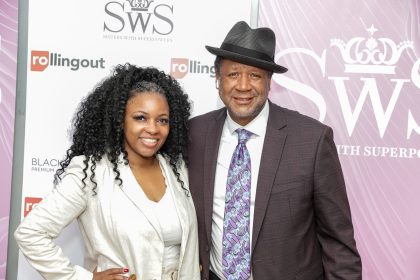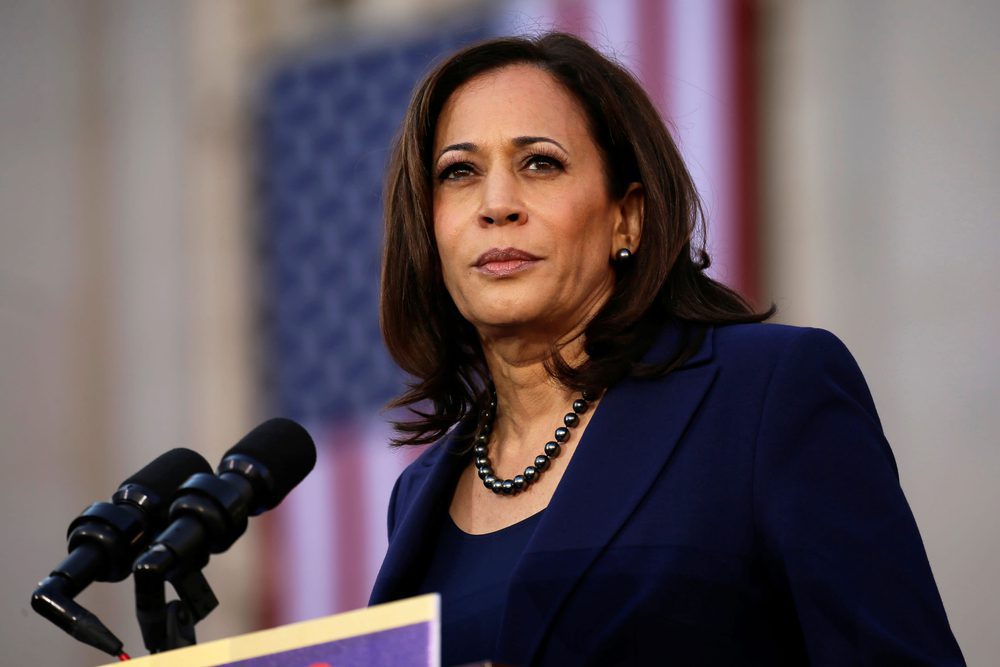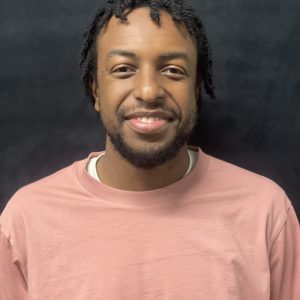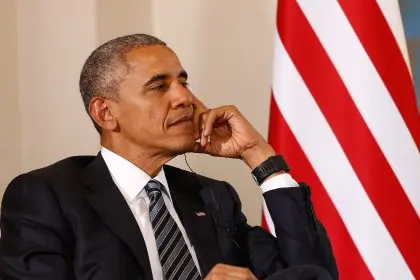Constantly on the move from her home in East Cobb, which is 21 miles north of Atlanta, fewer things mean more to Jerica Richardson than community.
The Cobb County District 2 commissioner is embroiled in a battle to keep her seat because she moved from one end of her district to another after being elected. White state legislators attempted to redraw Richardson’s new address out of the district, which would force her to resign.
Cobb County residents Larry Savage and Debbie Fisher have called for the removal of Richardson from her position. Both residents in Richardson’s district have a history of being involved with or running for office in local politics. The complaints have been dismissed by the Cobb Ethics Board, but Georgia state Sen. Ed Setzler, Cobb Commissioner Keli Gambrill and Savage have continued to push for Richardson to resign from her seat.
Cobb resident Kevin Redmon put together a video about the saga and played it at a commissioner’s meeting for the community to digest.

Recently, Richardson spoke to rolling out about her journey in politics and her current battle to remain in office.
What is your background with Cobb County?
I haven’t been here my entire life, but I’ve been here since 2005. I came [after] Hurricane Katrina, and Cobb County became home on that journey.
I don’t know if you remember, but people were uncertain about what was going to happen with the schools, where were people going to live, and how [New Orleans evacuees] were going to be. There were all these different fears voiced, but a few individuals chose love and the community came together to express that in different ways. Cobb County became home.
The national audience not from metro Atlanta might not know Cobb County has a reputation for being racist. Do you think a part of trying to remove you from office has anything to do with your race?
There have certainly been things that have been shared with and told to me, in the course of this journey, that do bring elements of that to the forefront. But at the end of the day, the bigger problem isn’t about how I feel, or what’s happening to me, but what are the long-term repercussions? How are we addressing it at a systemic level? … the systemic question I ask is, “What is that impact on our own republic?”
You may be caught up in the moment, and say, “Let’s assert our partisan rule or, or retain specific power,” but had that map that was being pushed by a small number of representatives in our state legislature passed, it would set a precedent for the state of Georgia, where any elected official could be forced to resign at any time by anyone. Those are long-term impacts, that, honestly, [are] just immeasurable.
Why are you passionate about local politics?
I represent about 200,000 people. We had record voter turnout here and that amounted to a little over 30-something percent. That was a record turnout.
Voting is just the “hello” part of the process. I only hear from about 1% on hot-button issues. That’s 2.000 people. When you think about the decisions we’re making, if your voice is not a part of that conversation, if you’re not there, not knowing how it works, not knowing how to ask questions, or don’t have that relationship, you’re taking away from your own power.















